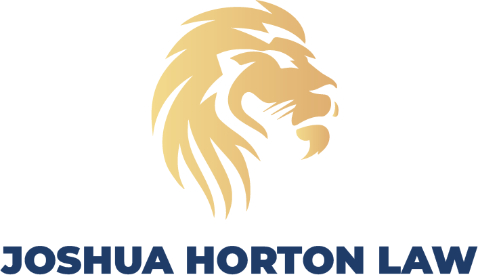In recent news, the State of Minnesota, led by Attorney General Keith Ellison, has launched a civil enforcement action against several prominent financial entities in the solar lending industry, including Dividend Finance. This lawsuit underscores significant allegations of deceptive lending practices that have reportedly affected thousands of consumers across the state. At the core of the Minnesota Attorney General’s complaint is the accusation that these companies, including Dividend Finance, engaged in misleading consumers about the true cost of financing solar-panel systems, ultimately leading to inflated prices due to hidden fees. The Joshua S. Horton Law Firm is now forming a class action lawsuit for Dividend victims in Florida. A recent CBS Special details it more here.
Overview of the Allegations
The Attorney General’s complaint outlines that Dividend Finance, along with other defendants, purportedly capitalized on the booming residential solar-panel market by embedding hefty upfront fees into the price of solar systems financed through their loans. These fees were not disclosed to consumers, effectively concealing the actual financial burden imposed on them. This practice, according to the lawsuit, not only misled consumers but also distorted the market by discouraging price comparison and competition.
Legal Implications
From a legal standpoint, the actions described raise questions under several consumer protection and lending laws. The Minnesota Consumer Fraud Act, Uniform Deceptive Trade Practices Act, and the Regulated Loan Act are particularly relevant in this context. The lawsuit seeks not only injunctive relief to halt these practices but also monetary damages and penalties to redress the alleged deception. Florida has comparable laws.
Impact on Consumers and the Market
The lawsuit claims that such deceptive practices have significant ramifications. Consumers, many of whom might never have opted for loans had they been aware of the true costs, find themselves paying significantly more than necessary. Moreover, the alleged deception has potentially stifled fair competition in the market, an area of concern for both economic and regulatory reasons, especially given the state and federal policy goals to promote renewable energy sources like solar power.
Conclusion
This lawsuit underscores the critical need for transparency and honesty in consumer financing, particularly in sectors supported by public policy incentives like renewable energy. It serves as a crucial reminder to all stakeholders in the solar industry and related financial sectors about the importance of compliance with consumer protection laws and the severe consequences of deceptive practices. As this case progresses, it will be important to monitor not only the legal outcomes but also the potential regulatory and legislative responses that might emerge to prevent such issues in the future.
The Joshua S. Horton Law Firm continues to monitor developments in this case closely and is prepared to provide legal insights and support to those affected or those seeking to understand the broader legal and regulatory implications of such practices in the financial and solar sectors, and those interested in seeking legal action sould contact us at [email protected].
Legal Disclaimer: The information provided in this blog post is for general informational purposes only and is not intended to be legal advice. The matters discussed involve ongoing legal proceedings, and the outcomes are uncertain. Readers should not act upon this information without seeking professional legal counsel. This content is not intended to create, and receipt of it does not constitute, an attorney-client relationship. Should you require legal assistance, please contact an attorney directly to discuss your specific situation.

